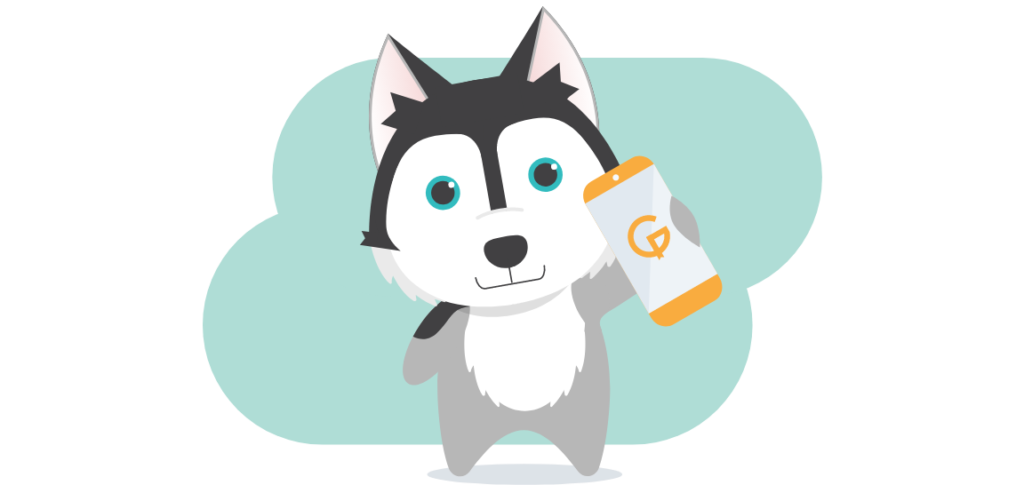Insurance can be an overwhelming and complicated topic which can leave both new or seasoned small business owners intimidated. Unsurprisingly, the internet is full of questions regarding small business insurance. Here are some of the most common questions you and other business owners have. So let’s get you some answers!
Q: What determines insurance premiums for small business insurance?
A: The more risks associated with your business (in the eyes of the insurance carrier), the higher your premiums. Generally speaking, four main variables determine how much you will pay for your insurance.
- The number of employees you have and the revenue size of your company.
- The value of the assets you wish to insure.
- The specific risks associated with your business.
Q: Does general liability insurance cover all risks associated with running my business?
A: General liability insurance protects against the most common risks associated with running a business. It is in no way comprehensive. It covers things like physical injuries to others, damage to others’ property, or advertising injuries. Damage to your property, injuries to your employees is not covered. Professional services and advice is also excluded.
When you’re first starting your business, general liability insurance may suffice for your needs. But as your business grows, so too will your risks. Upgrading to a BOP or business owner’s policy is a great option. For more information regarding why business insurance may be the missing piece to your growth plan click here.
Q: How do I prove I have insurance? How do I show my landlord, for example?
A: A certificate of insurance (COI) is the easiest way to prove your business is insured. If you drive a vehicle and pay insurance on it, you already have experience with certificates of insurance (COI). Your insurance cards are a COI!
For a small business, certificates of insurance (COI) function basically the same way. COIs are available through your agent. Many times, a COI is available online through your insurance provider. Once you have your COI, you can email it to your client or business partner!
Requesting your COI is easy with Gild Insurance just contact us!
Q: Should I include insurance in my yearly budget or growth plan?
A: Absolutely! Insurance is something that is going to be with your business for the long haul. You will need to scale it accordingly as your business continues to grow. Remember, business insurance isn’t just protection against a catastrophic event!
While accident protection is an aspect of business insurance, another part directly relates to scalability. If you don’t have proper business insurance, you’ll limit your business’s capacity for growth. Landlords and other outside parties look at business insurance as an indicator that the business owner is reliable and trustworthy.
Q: Do I need business insurance to secure a loan?
A: A loan from the Small Business Administration requires proof of proper insurance. The insurance coverages you need will vary depending on your business and the associated risks. You may need to show proof of several types of insurance before securing funds.
If the lender believes you’re operating a business in a risky manner, they will be less willing to lend your business money. In general, having the right business insurance is a great way to show lenders and other business partners that you are a professional business worthy of partnering with.
Q: Will outside factors affect how much I have to pay? Will the crime rate in my area affect the price of my insurance?
A: As mentioned above, your insurance provider uses many factors to gauge the risk of your business. These factors determine how much the insurance will cost you. Remember, business insurance is a for-profit business. It’s only natural that your insurance company wants to safeguard itself from suffering any losses. If you want to know what specific factors are driving your premium prices, contact your insurance provider directly.
Q: Will my homeowner’s insurance cover me if I run my business from my home?
A: It depends. Usually, the coverage afforded to you by homeowners’ insurance isn’t enough to properly protect your business. For example, many standard home insurance policies only cover up to $2,500 worth of business property. Businesses that sell goods shipped from home likely have more than $2,500 worth of inventory in their living room right now!
Q: What’s the deal with worker’s compensation insurance? How do I get it?
A: Worker’s compensation insurance provided benefits to injured employees that occur due to work. Worker’s compensation insurance is legally required for many small businesses!
What’s confusing about worker’s compensation insurance is that the legal requirements to have it vary from state to state. This also includes how businesses go about getting it in the first place.
Q: What’s the best way to find insurance?
A: Insurance agents are a tried and true method for finding the most comprehensive insurance coverage. Thanks to the rise of recent technological advances, you can now also get quick quotes online through insurance aggregator platforms.
That’s where Gild Insurance comes into the picture. We offer free online quote functionality, backed by small business insurance agents! A personal, fast, and hassle-free process.
If you need help navigating the world of small business insurance, remember that help is always just a click away. Gild Insurance can help you find the right insurance options that fit your business.
If you have questions or simply want more info, reach on out! The Gild Team, along with Gildber the husky, are always standing by, ready to help.
Sources
Kilroy, Ashley. “Home-Based Business Insurance Explained.” Forbes. 2 Nov 2023. Accessed 13 Dec 2023. https://www.forbes.com/advisor/homeowners-insurance/home-based-business-insurance/





